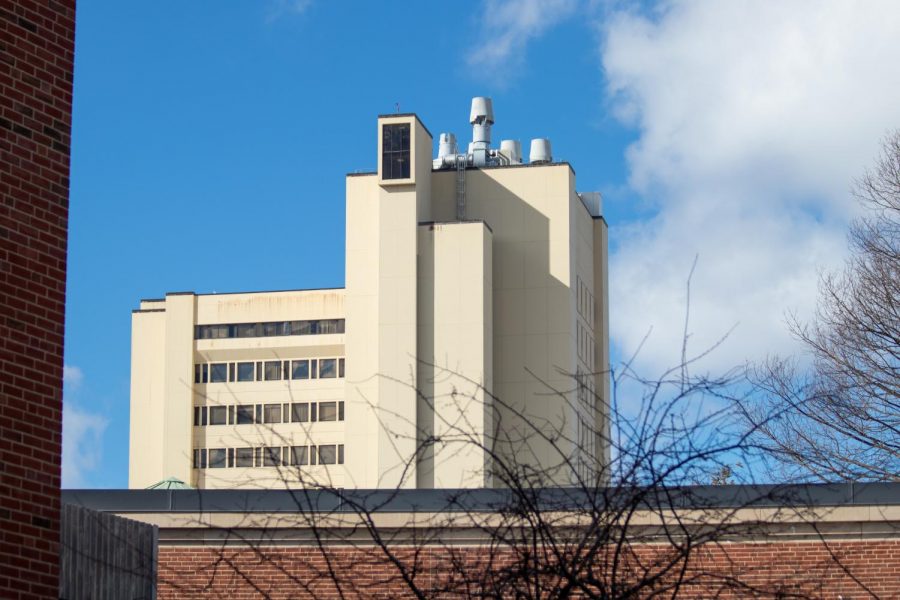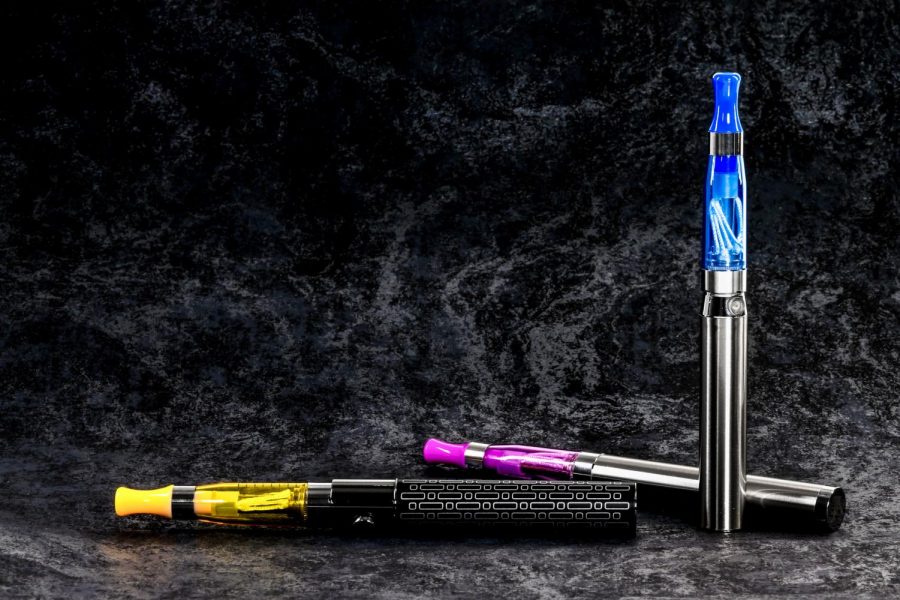The Enterprise-D is a wild stallion with power and unbridled grandeur befitting a Federation starship. Thus, it is no surprise that she is reared by the greatest Starfleet officer who ever lived, Captain Jean-Luc Picard. While no one can deny the critical influence of James Tiberius Kirk, there is no man as sharp, wise or more demanding of respect than Picard.

The Kirk versus Picard dispute is a classic to fans and is perhaps the most heated debate among Trekkies. It would be prudent to set some ground rules so I don’t take of any blatant advantages. First, we can’t blame either captain for the period in which they live. It would be unreasonable to condemn Kirk for his lack of military horsepower when Picard’s starship, the Enterprise-D was commissioned 188 years after Kirk’s original Enterprise entered service in 2245.
Moreover, we should suspend our disbelief and pretend they are real people. While this pardons Patrick Stewart for maintaining a Scottish accent whilst playing a Frenchmen, it clearly shields William Shatner. I am confident there are few who would take Shatner’s staccato style line delivery over that of the refined Shakespearian mode of Stewart.
Picard is the quintessential Starfleet Captain. His very aura demands respect; when he enters a room, people take attention. His intelligence, his wisdom and his humility clearly make him a great leader, if not one of the greatest in all of fiction. It is these characteristics that make him a better captain over Kirk.
Recall season three, episode 23, of “The Next Generation”, “Sarek.” It is here we discover the fortitude of Picard, and something more. Ambassador Sarek—father to Spock—is wasting away from a disease known as Bendii Syndrome, a geriatric disease only found in Vulcans, which robs them of their emotional control (a critical ability to Vulcans). However, Sarek must be of sound mind to moderate peace talks with a race known as the Legarans. It is Picard who mind-melds with Sarek, which, by sharing each other’s very being, allows Sarek to regain his Vulcan composure to finish the negotiations. Picard, meanwhile, suffers the pains and torment of Sarek’s lifetime of buried feelings. Sitting with Dr. Beverly Crusher, Picard says during a bedlam, “It’s … quite difficult. The anguish of the man. The despair … pouring out of him, all those feelings. The regrets.” Sarek needed an emotional rock to stand on in order to proceed. It was Picard who was his rock. No one would dare suggest that Kirk could provide such a footing, if he could even survive Sarek’s 200 years of emotional baggage in the first place.
Consider the Q-Continuum. Q, a single annoying character of such ‘collective,’ is purportedly an omniscient, omnipotent being that, from the pilot episode to the series finale, plagues Picard and his crew. While some challenges set forth by Q were almost harmless, such as forcing the crew of the Enterprise to re-enact the story of Robin Hood to save Picard’s romantic interest, others changed the very nature of the Star Trek universe itself, such as revealing the Federation to the Borg. The “Star Trek: The Next Generation” series is the continuation of the trial of humanity set forth by Q in the pilot “Encounter at Farpoint.” Could Kirk win this trial? Could a cowboy? No. Kirk would go in with phasers after making out with Q’s mother, which would result in Q eliminating humanity. Only Picard has the acumen and constitution necessary to best a cosmic being of this magnitude.
There is also a matter of the Klingon High Council. While the Federation made peace with the Klingon Empire by the time of “The Next Generation,” Picard still has the backbone to square off against this warrior culture. In fact, it was Picard who was named Arbiter of Succession by K’mpec—former Chancellor of the Klingon High Council—and in turned sat Gowron to the position. Moreover, in episode 17 of season three, “Sins of the Father,” Picard serves as Worf’s “Cha’DIch” when Worf returns to Kronos to defend his father’s name against the accusation of betraying the empire. As the accused is denied the right of combat during the precedences, it is the responsibility of the Cha’Dlch—Picard—to defend his charge. The resolve required to face Klingons in both physical and political combat, on the Klingon home-world no less, makes Picard the clear choice for our higher admiration.
Whether it is his ability to be assimilated by the Borg and then return to talk about it, to expect the impossible from his crew and get it, or simply that he had “the heart of an explorer, and the soul of a poet,” Picard outshines Kirk at every corner.
Ultimately, we can sum up Picard in one quote, season five, episode 19: “The first duty of every Starfleet officer is to the truth, whether it is scientific truth or historical truth or personal truth. It is the guiding principle on which Starfleet is based.” Picard lives this ideal, and while he may not light up the screen like in the space cowboy days of Kirk, he knows his purpose. He understands his duty: to explore strange new worlds, to seek out new life and to boldly go where no one has gone before.
Christopher Dunay is a Collegian columnist. He can be reached at [email protected].











